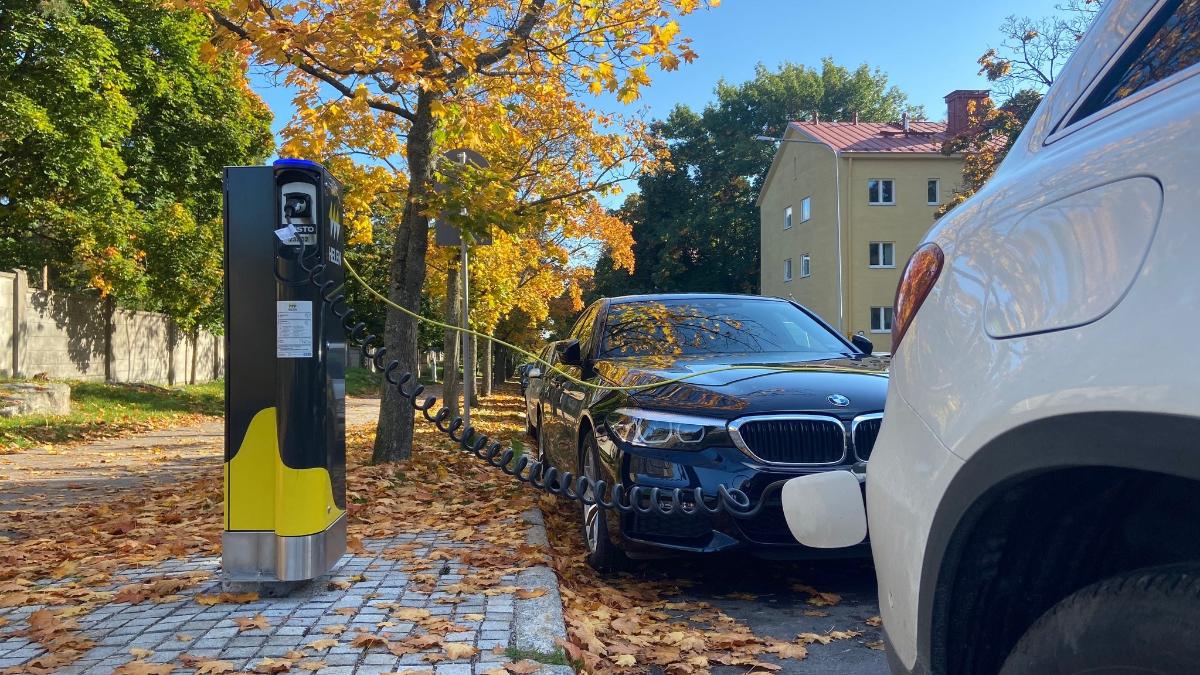Provisional agreement in the EU on distribution infrastructure obligations, Finland's aims well taken into account

The EU Member States, the European Parliament and the European Commission have reached a provisional agreement on the so-called AFIR Regulation, which aims to promote the deployment of alternative fuels infrastructure in road, waterborne and air transport. The agreement was reached in trilogue negotiations on 28 March 2023. Finland’s aims to take especially sparsely populated areas with low traffic volumes into account have been included in the agreement reached. The agreement will be confirmed at the meeting of the Council of Ministers.
The Regulation obliges the Member States to ensure, among other things, the construction of an electric charging infrastructure for passenger cars. For example, Member States must ensure that, by the end of 2025, charging infrastructure points meeting minimum power requirements be built along the TEN-T core network with a maximum distance of 60 km in-between them. In July 2021, the European Commission submitted the regulation proposal as part of the EU climate package, i.e. the Fit for 55 package.
Regulation promotes the construction of infrastructure for new propulsion systems in different transport modes
The EU Member States and the European Parliament adopted binding goals concerning the publicly accessible infrastructure for the charging of passenger cars, vans and heavy-duty vehicles, for refuelling of hydrogen for road transport and liquefied gas for use in road and maritime transport.
In the trilogue negotiations, binding goals were also adopted concerning the infrastructure used in shore-side electricity supply in waterway and air transport. The Regulation includes requirements on the availability of data, payment alternatives and compatibility.
Finland stresses flexibility, particular characteristics taken into account in the agreement
Finland has been in favour of setting joint ambitious targets for alternative fuel infrastructure across different modes of transport. It has been important for Finland that binding obligations for electric charging targets in road transport take account of the sparsely populated areas with low traffic volumes and long distances.
The agreement reached takes the Finnish perspective well into account. A Member State can achieve the binding targets set by the EU even if the average distance between refuelling points in low-traffic areas defined in the Regulation was somewhat longer than that used in the Regulation and the total maximum power output was halved.
“Finland's transition to sustainable transport calls for a network of recharging and refuelling points of alternative fuels that reaches across the country. EU legislation must take the areas with low traffic volumes into account. Finland's aims are well taken into consideration so the agreement reached is balanced. Finland is experienced in infrastructure construction and in development of intelligent services and we should use the new business opportunities,” says Minister of Transport and Communications Timo Harakka.
What's next?
Next, the provisional agreement will be discussed in the Permanent Representatives Committee of the Member States (Coreper). The regulation proposal will then be adopted at the meeting of the Council of Ministers and will also require formal approval by the Parliament. The Regulation will take effect 20 days after its publication in the Official Journal of the European Union.
The Regulation repeals the Directive of the European Parliament and of the Council 2014/94/EU on the deployment of alternative fuels infrastructure.
Inquiries:
Johanna Juselius, Special Adviser, tel. +358 295 342 141, [email protected]
Emmi Simonen, Senior Specialist, tel. +358 50 323 6148, [email protected]
Press release by the Council of the European Union 28.3.2023: Alternative fuel infrastructure: Provisional agreement for more recharging and refuelling stations across Europe
Press release by the European Parliament 28.3.2023: Fit for 55: deal on charging and fuelling stations for alternative fuels



